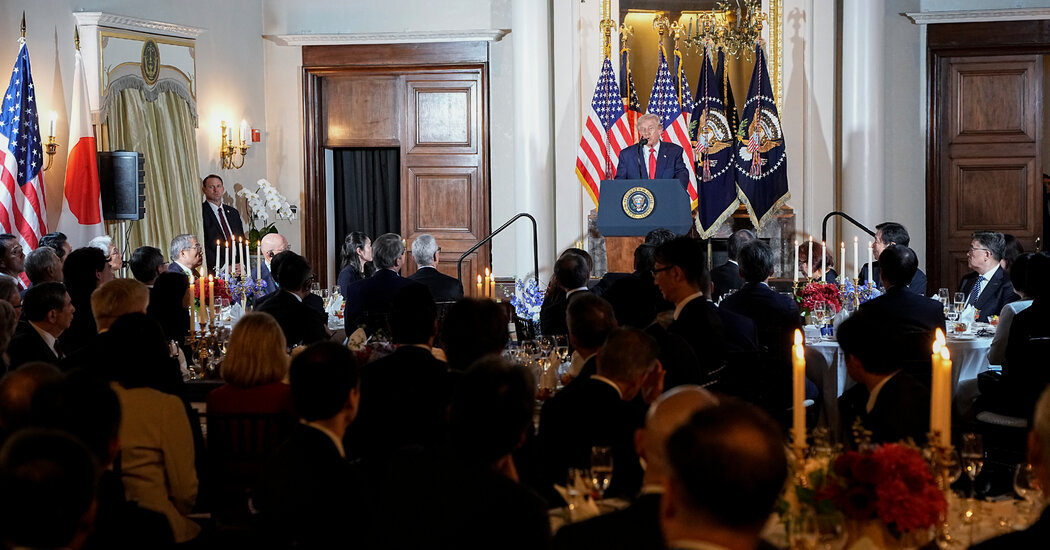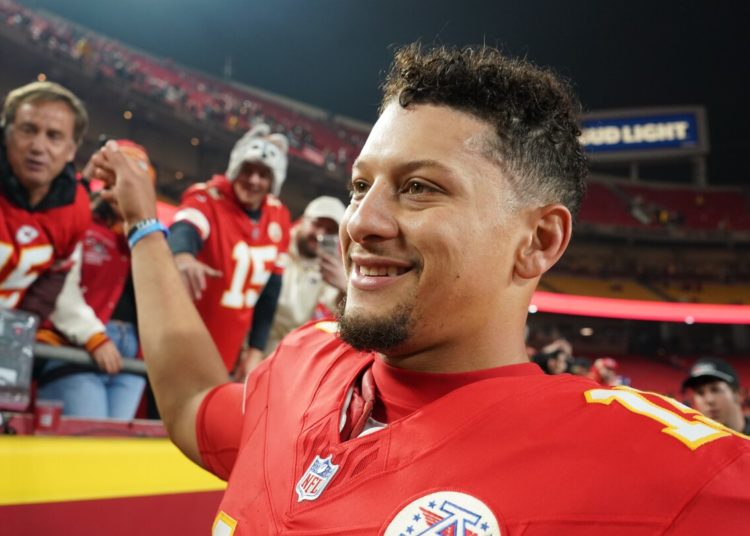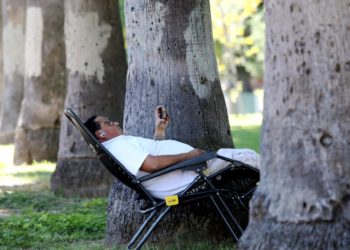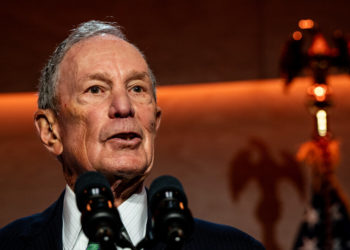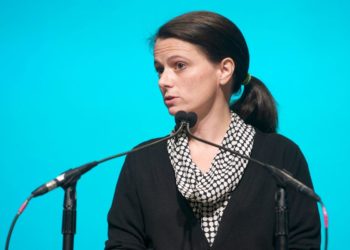In Japan this week, President Trump ticked off a list of multibillion-dollar American investment plans by Japanese firms that he attributed to his trade policies.
After the president departed for South Korea on Wednesday for the Asia-Pacific Economic Cooperation summit, officials in Japan were left scrambling to clarify.
On multiple occasions during his time in Tokyo, Mr. Trump said that Japan’s Toyota Motor had committed to him that it would spend $10 billion building auto plants “throughout the United States.” He repeated the claim at least twice in South Korea on Wednesday.
In response, Hiroyuki Ueda, a Toyota executive, said the company had not announced specific new plans for a $10 billion investment.
During the first Trump administration, Toyota deployed approximately $10 billion in its U.S. operations. And in meetings with government officials ahead of Mr. Trump’s arrival this week, Toyota conveyed that “our current intention is to proceed at a scale roughly equal to what we did under the previous Trump administration, or under Mr. Biden in between,” Mr. Ueda said.
“I suspect that is how the figure of around $10 billion may have emerged,” he said.
During Mr. Trump’s visit, the president and his commerce secretary, Howard Lutnick, unveiled investment pledges they said they had secured from Japanese firms. The companies spanned sectors from artificial intelligence to nuclear reactors.
At a meeting of business leaders in Tokyo, executives from many of the companies, including Kei Uruma of Mitsubishi Electric and Toshiaki Tokunaga of Hitachi, walked to the front of the room, shook hands with the president, and held up documents detailing their projects.
“This evening we are going to be signing $490 billion of investment,” Mr. Lutnick said. These deals, he told the president, were “created by your tariff policy” as well as a trade agreement the administration reached with Japan in which it agreed to invest $550 billion in the U.S. economy.
Earlier that day, Japan’s trade ministry had published the names of companies “considering” the projects outlined by Mr. Lutnick. For a nuclear reactor-construction initiative, which was projected to be worth up to $100 billion, the government memorandum read, “Japanese companies including Toshiba are considering involvement.”
On Tuesday, the White House also issued a memo stating that Toyota would begin importing vehicles it makes in the United States to Japan. The maneuver would help address a persistent complaint from Mr. Trump that Japanese manufacturers sell millions of vehicles in the United States each year while American cars in Japan are rare.
Toyota said on Wednesday that it was “considering” such a move. A spokesman for the White House did not immediately respond to a request for comment.
Toyota’s chairman, Akio Toyoda, exchanged brief remarks with Mr. Trump on Tuesday and expressed gratitude to the president for cultivating a “business-friendly environment” in the United States, according to a Toyota spokesman. Mr. Trump responded that they should “continue to do it together,” the spokesman said.
Another corporate chief who met with Mr. Trump was Ivan Espinosa of Nissan Motor. He said at a news conference in Tokyo on Wednesday that the company was exploring options to bring more models to the U.S. market, but its immediate priority was making the most of its existing manufacturing base in the country.
Investments like the ones Japanese companies are being pressured to make by the Trump administration require long-range planning and it can be years before they pay off, executives and officials say.
A case in point is a Toyota battery plant in North Carolina. The automaker began scouting sites for the facility around 2020 and batteries for hybrid vehicles only began to be produced there earlier this year.
Toyota’s investment decisions follow “much deliberation,” said North Carolina’s governor, Josh Stein, a Democrat. States need to assure foreign companies that “when they come there’s going to be stability,” said Mr. Stein, speaking in an interview in Tokyo on Wednesday.
River Akira Davis covers Japan for The Times, including its economy and businesses, and is based in Tokyo.
The post Toyota Says $10 Billion U.S. Investment Touted by Trump Isn’t New appeared first on New York Times.
